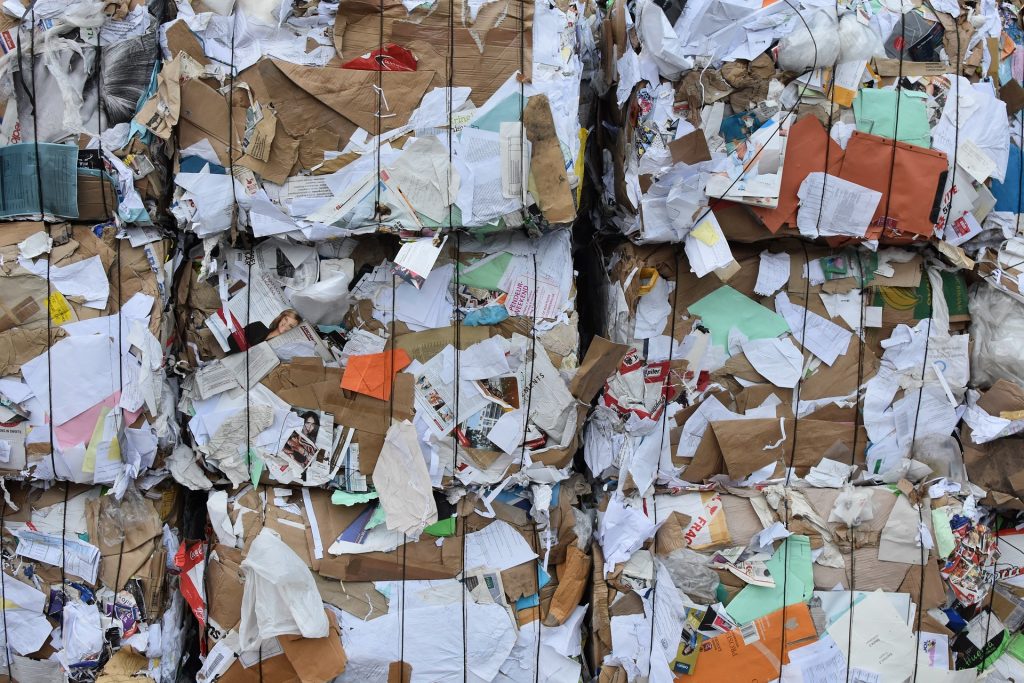Regulated Waste Training Saves Money and Lives
Everyone on the planet generates waste. At home, we usually have our own waste disposal and recycling routines and a waste management company that picks up our waste on a weekly basis. But what about in the workplace? Proper waste management is just as important in our place of business. Making sure your employees and coworkers are properly trained on the correct disposal of regulated waste can save you time, money, and can potentially save lives.







